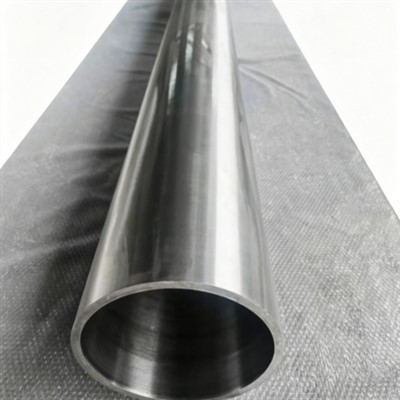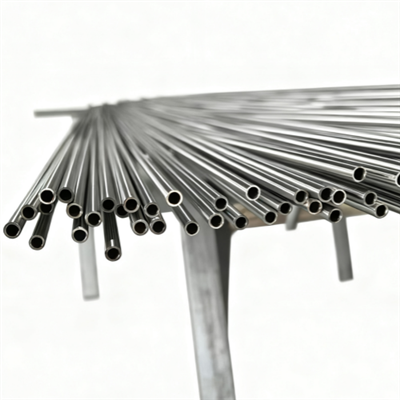Hey there! As a supplier of Alloy 825 pipes, I often get asked whether these pipes can be used in the chemical industries. Well, let's dive right into it and find out.
First off, let's talk a bit about what Alloy 825 is. Alloy 825 is a nickel-iron-chromium alloy with additions of molybdenum, copper, and titanium. This unique combination of elements gives it some pretty amazing properties that make it a great candidate for various applications, especially in the chemical industry.
One of the key features of Alloy 825 is its excellent corrosion resistance. In the chemical industry, pipes are constantly exposed to all sorts of corrosive substances, like acids, alkalis, and salts. Alloy 825 can withstand the attack of many corrosive media, including sulfuric acid, phosphoric acid, nitric acid, and various chloride solutions. This means that it can last a long time in harsh chemical environments without getting corroded and failing.
For example, in the production of fertilizers, where sulfuric acid is commonly used, Alloy 825 pipes can handle the corrosive nature of the acid. The molybdenum and copper in the alloy enhance its resistance to sulfuric acid, preventing the pipes from being eaten away. Similarly, in chemical processing plants that deal with chloride-containing solutions, the titanium in Alloy 825 helps to form a protective oxide layer on the surface of the pipes, which further improves its resistance to pitting and crevice corrosion.


Another important aspect is its high-temperature performance. In many chemical processes, high temperatures are involved. Alloy 825 can maintain its strength and integrity at elevated temperatures. It has good creep and rupture strength, which means it can withstand the long-term effects of high temperatures and pressure without deforming or breaking. This makes it suitable for use in heat exchangers, reactors, and other equipment in the chemical industry where high temperatures are present.
Let's compare Alloy 825 with some other popular alloys used in the chemical industry. Take Incoloy 825 UNS N08825 for instance. Incoloy 825 is basically the same as Alloy 825, and it's widely used in chemical applications because of its similar corrosion resistance and high-temperature properties. It's a great choice for handling corrosive fluids and gases in chemical plants.
Then there's Inconel 718 UNS N07718. Inconel 718 is also a high-performance alloy, but it's more focused on applications that require extremely high strength at high temperatures, like in aerospace and gas turbine engines. While it can be used in some chemical applications, Alloy 825 might be a better option when corrosion resistance is the primary concern.
And Alloy 20 UNS N08020 is another alloy commonly used in the chemical industry. It has good resistance to sulfuric acid and other corrosive substances, but Alloy 825 generally offers better overall corrosion resistance, especially in more complex chemical environments.
Now, let's talk about the practicality of using Alloy 825 pipes in the chemical industry. They are relatively easy to fabricate. They can be welded, bent, and formed into various shapes without much difficulty. This makes it convenient for chemical plants to install and customize the pipes according to their specific needs.
In addition, Alloy 825 pipes are available in a wide range of sizes and wall thicknesses. Whether you need small-diameter pipes for a precise chemical process or large-diameter pipes for transporting large volumes of chemicals, we can provide the right ones for you.
Of course, like any material, Alloy 825 also has its limitations. In some extremely aggressive chemical environments, such as concentrated hydrofluoric acid, it may not be the best choice. But in most common chemical applications, it performs very well.
So, to answer the question, yes, Alloy 825 pipes can definitely be used in the chemical industries. Their corrosion resistance, high-temperature performance, and ease of fabrication make them a reliable option for many chemical processes.
If you're in the chemical industry and are looking for high-quality Alloy 825 pipes, I'd love to have a chat with you. We have a wide range of products and can offer you the best solutions for your specific needs. Whether you're building a new chemical plant or upgrading an existing one, we can help you find the right pipes at a competitive price.
Don't hesitate to reach out if you have any questions or want to discuss your requirements. We're here to make sure you get the best pipes for your chemical applications.
References
- ASM Handbook Volume 2: Properties and Selection: Nonferrous Alloys and Special-Purpose Materials
- Corrosion Resistance of Metals and Alloys by Mars G. Fontana





